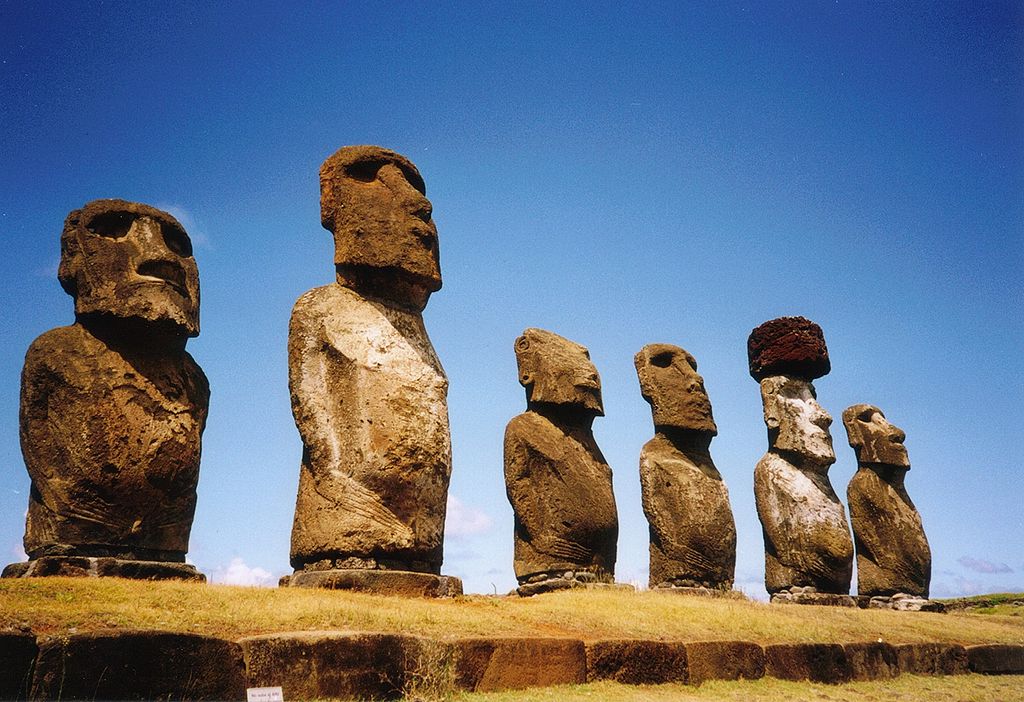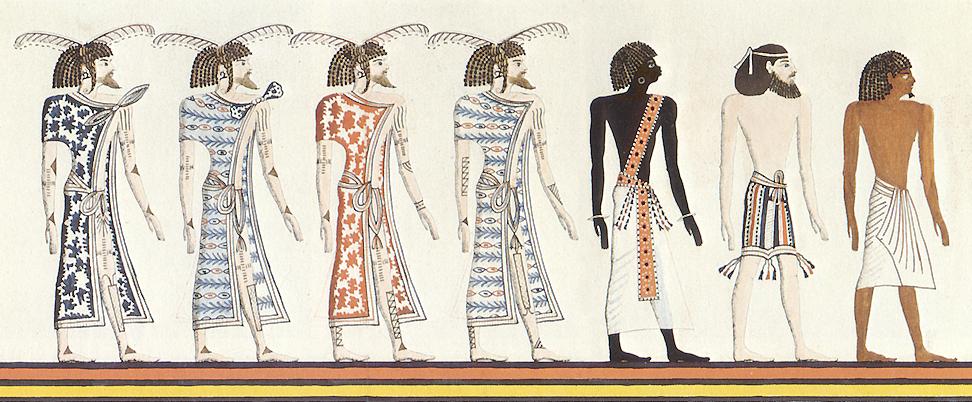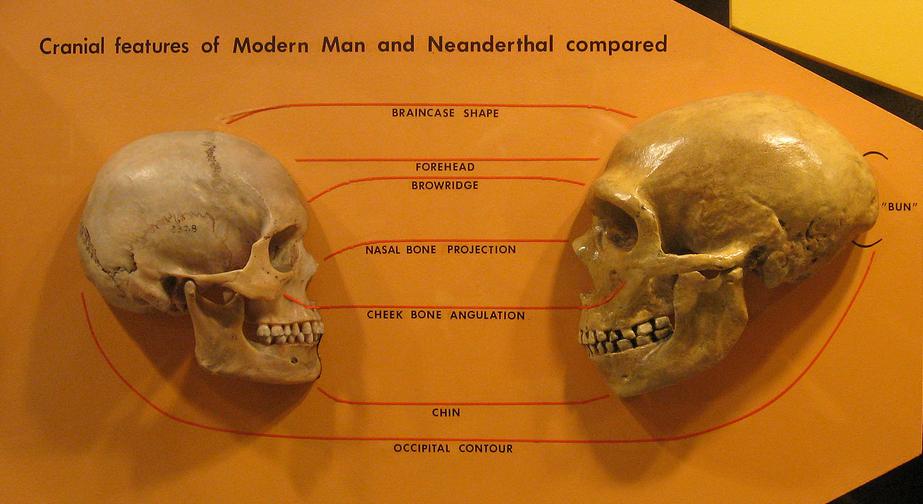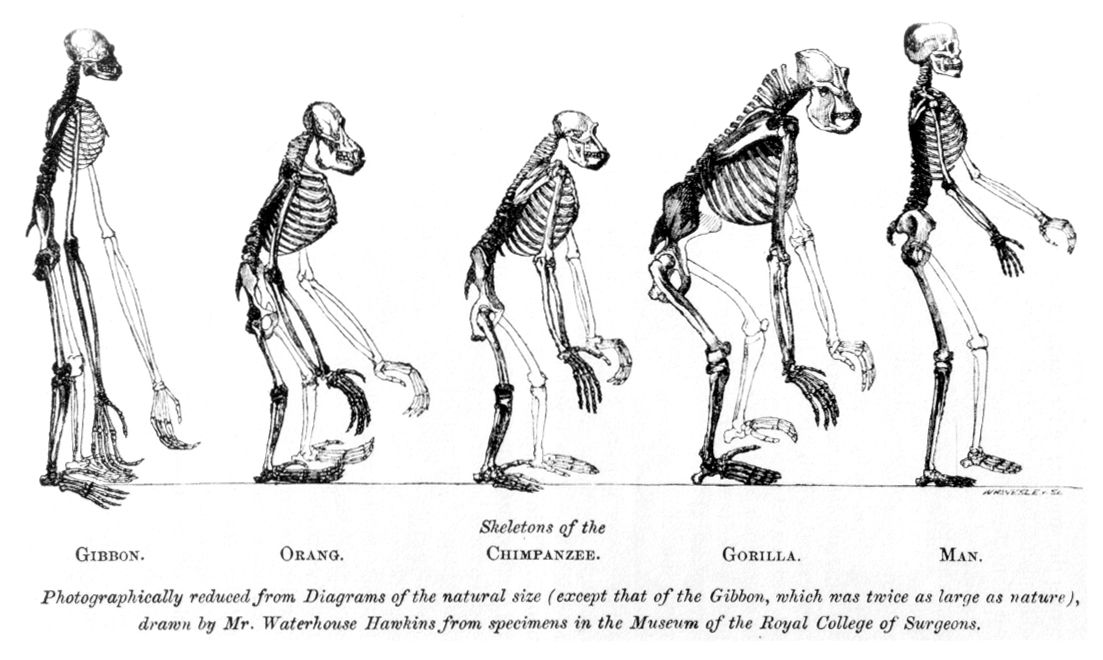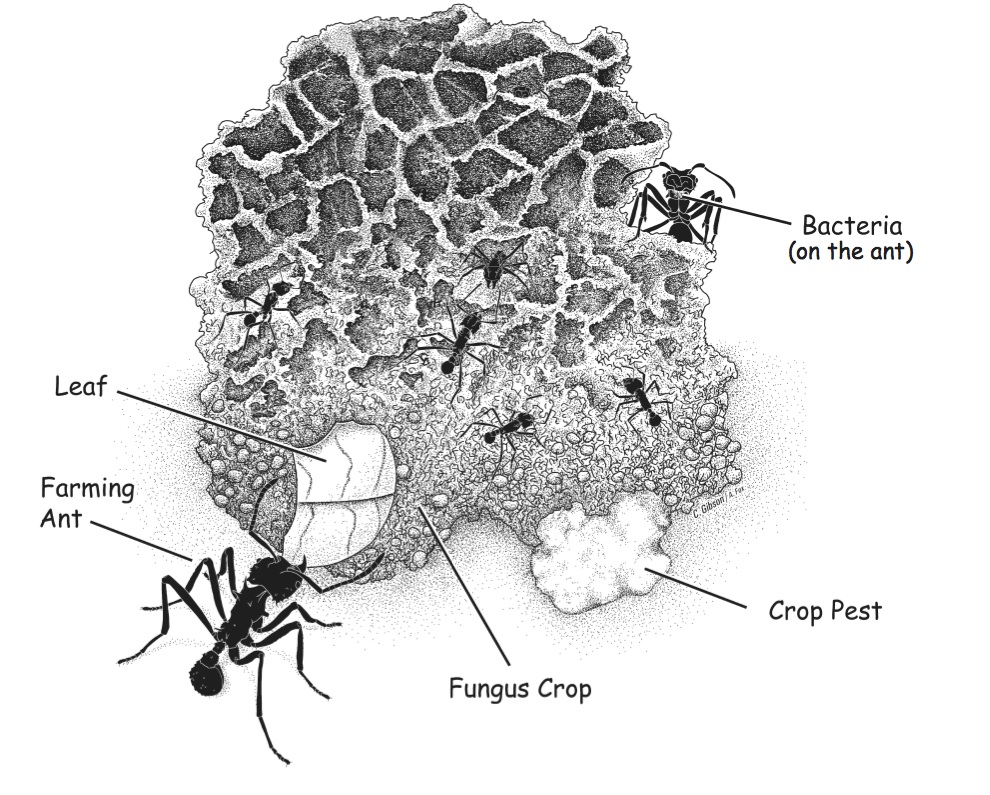The aliens have landed? All hail His Noodly Appendages? Shiny Tangela? Koosh gone wrong? Or is this one of those Japanese cartoons…? Ok, none of those; it’s a fungus fruiting on the branches of that eastern red cedar. I saw this gall (and quite a few more) on a hike the other week in Ionia County while dodging rainstorms. It only looks …
Decoding the Stories of our Ancestors: Lonely Island
Photo credit: Wikimedia user Makemake The sweet potato wasn’t lying; DNA evidence confirms it. The Polynesian people of Easter Island voyaged to South America long before the time of Christopher Columbus. Polynesia is a vast stretch of ocean dotted with small islands. The origin and historical spread of the Polynesian people was a topic of anthropological debate over the last century. Though Polynesian …
Plants Without Chlorophyll: It’s Easy Being Green, But Stealing is Even Easier
Featured images, left to right: pinesap, ghost plant, spotted coralroot orchid. Photos: Katie Grzesiak Plants are Plants Plants make their food with energy from the sun; that’s what is often used to define them as plants. If I want to throw my degrees around, I call them “photoautotrophs,” from the Greek for “light,” “self,” and “feed.” Photosynthesis! It’s super neat, …
Our Nested Origins
Cover photo: Wikimedia User Thesupermat The scientific method is a powerful tool for exploring the physical realities underpinning our existence. But there’s no guarantee that we’ll like what we find once we start the exploration. The physical relationships uncovered by scientific inquiry can be joyful or disturbing, useful or esoteric, controversial or deeply satisfying. Occasionally, science can reveal truths that are just, well, a bit trippy. Endosymbioses are long …
Decoding the Stories of our Ancestors: The Mile High Club
Over the last two decades, anthropologists have been decoding the history of our species through clues etched in our DNA. By taking DNA samples of people all across the world and comparing the differences and similarities in our genetic code, they have been able to trace our origins and the patterns of migration and settlement that led us to where we are today. One of …
A Changing Earth Day
Happy Earth Day! Today, millions of people around the world will celebrate the natural world and our role as humans in protecting and restoring it. However, science has shown us that the nature of nature is change. How do we protect a changing system? What does Earth Day mean, really? Our role Earth Day represents a moment of unity for those who care …
Decoding the Stories of our Ancestors – pt. 3
In previous posts I discussed the evolving debates concerning the geographic origins of Homo sapiens, and whether our ancestors interbred with Neanderthals and Denisovans. In both cases, a flood of newly available genetic evidence revolutionized our understanding of our past. But what about the more recent chapters of our history? Almost every corner of the globe has been settled by at …
Decoding the Stories of Our Ancestors pt. 2
In my previous post, I discussed the evidence and arguments that led to the widespread acceptance of the “Recent Out-of-Africa” theory of human origins. Anthropologists in the 19th and 20th centuries defined the scope of the questions about our ancestry – Where did we originate? How long have we existed as a species? – and began to answer them using fossil evidence. However, …
Decoding the Stories of our Ancestors – Pt. 1
Main picture: Frontispiece to Huxley’s “Evidence as to Man’s Place in Nature” (1863). From Wikimedia Ever since a skeleton from the Neander Valley was recognized as an extinct relative of humans in 1856, people have been captivated by the mysterious history of migration, murder, and mating by which Homo sapiens conquered the world. For a long time, a few scattered fossils and …
Too good to be true: Leafcutter ants pt. 2
Main picture: Cara Gibson for NSTA The scientific process can be very messy indeed, and what originally seem like rock-solid conclusions can later turn out to be specious. Scientists very rarely straight-up lie about their findings for fame and glory; institutional and cultural oversight within science keep the rascals in check. More often, the effect that was originally (honestly) measured later turns …
- Page 1 of 2
- 1
- 2


